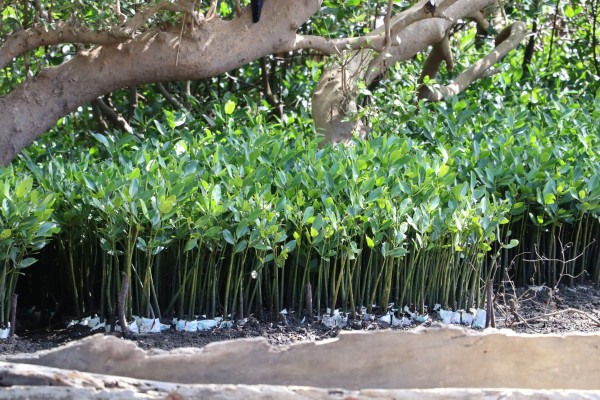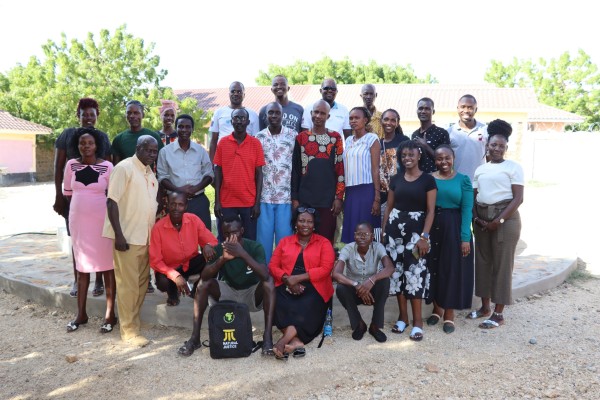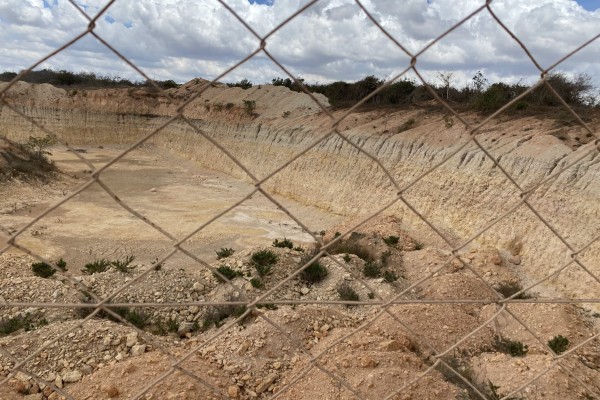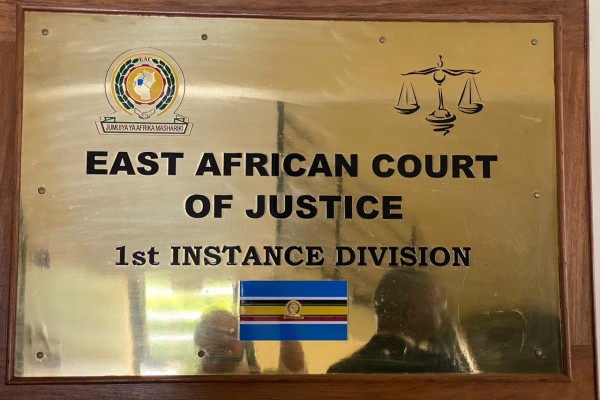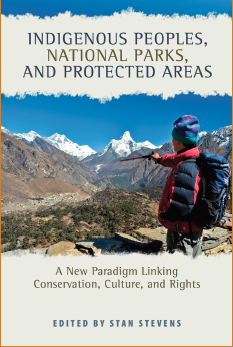 The University of Arizona Press, is set to release a new book, “Indigenous Peoples, National Parks, and Protected Areas”. This passionate, well-researched book makes a compelling case for a paradigm shift in conservation practice. It explores new policies and practices, which offer alternatives to exclusionary, uninhabited national parks and wilderness areas and make possible new kinds of protected areas that recognize Indigenous peoples’ rights and benefit from their knowledge and conservation contributions. The author, Stan Stevens, has spent more than 30 years working with the Sharwa (Sherpa) people of Nepal, whose homeland is a national park and UNESCO World Heritage Site.
The University of Arizona Press, is set to release a new book, “Indigenous Peoples, National Parks, and Protected Areas”. This passionate, well-researched book makes a compelling case for a paradigm shift in conservation practice. It explores new policies and practices, which offer alternatives to exclusionary, uninhabited national parks and wilderness areas and make possible new kinds of protected areas that recognize Indigenous peoples’ rights and benefit from their knowledge and conservation contributions. The author, Stan Stevens, has spent more than 30 years working with the Sharwa (Sherpa) people of Nepal, whose homeland is a national park and UNESCO World Heritage Site. A vast number of national parks and protected areas throughout the world have been established in the customary territories of Indigenous peoples. In many cases these conservation areas have displaced . This book breaks new ground with its in-depth exploration of changes in conservation policies and practices—and their profound ramifications for Indigenous peoples, protected areas, and social reconciliation.
Indigenous peoples, undermining their cultures, livelihoods, and self-governance, while squandering opportunities to benefit from their knowledge, values, and practices. This book makes the case for a paradigm shift in conservation from exclusionary, uninhabited national parks and wilderness areas to new kinds of protected areas that recognize Indigenous peoples’ conservation contributions and rights. It documents the beginnings of such a paradigm shift and issues a clarion call for transforming conservation in ways that could enhance the effectiveness of protected areas and benefit Indigenous peoples in and near tens of thousands of protected areas worldwide.
Indigenous Peoples, National Parks, and Protected Areas integrates wide-ranging, multidisciplinary intellectual perspectives with detailed analyses of new kinds of protected areas in diverse parts of the world. Eleven geographers and anthropologists contribute nine substantive fieldwork-based case studies. Their contributions offer insights into experience with new conservation approaches in an array of countries, including Australia, Canada, Guatemala, Honduras, Nepal, Nicaragua, Peru, South Africa, and the United States.




